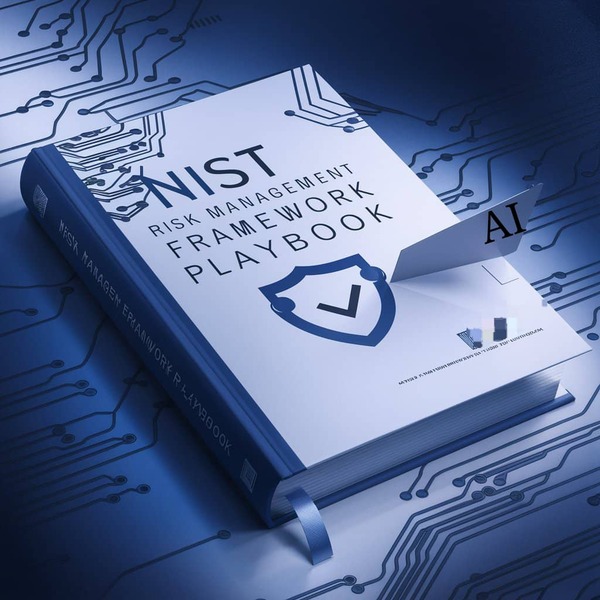CVE-2024-10392 has emerged as a critical vulnerability within AI Power Plugin, an all-in-one AI solution for WordPress, affecting all versions up to and including 1.8.89. This vulnerability, which was found by Dale Mavers, lets unauthorized attackers upload any file by taking advantage of the handle_image_upload function’s lack of file type validation.
Vulnerability Details
The AI Power: Complete AI Pack plugin is widely used to enhance WordPress functionality, including content generation and chatbot capabilities. However, the lack of robust input validation in the handle_image_upload function exposes a critical weakness.
The vulnerability in question affects the handle_image_upload function, which lacks adequate safeguards for file type restrictions. Identified as CWE-434, this weakness allows unrestricted uploads of potentially dangerous files. In practical terms, this flaw means that attackers can upload and execute malicious scripts on the server, leading to remote code execution (RCE). With RCE capabilities, attackers gain a foothold to run arbitrary commands, compromising the server’s integrity.
Exploitation of this vulnerability is further simplified by the absence of authentication requirements, significantly amplifying risk. Attackers can utilize the plugin’s image upload function to introduce files containing harmful content, such as PHP scripts. If these scripts are processed by the server, the attacker can initiate remote code execution. This creates a particular danger for sites using vulnerable versions of the plugin, especially those handling sensitive data. Once compromised, attackers could gain unauthorized access to data, manipulate it, execute additional commands, or move laterally across the network, extending their control over affected systems.

The potential impact of this vulnerability is severe. Through remote code execution, attackers could gain full control over the server, allowing them to exfiltrate data, install backdoors, or spread malware—actions that could result in privilege escalation depending on the server’s configuration. The effects don’t stop there; attackers might alter website content, defacing it and damaging the site’s reputation. The added burden of malicious code could also degrade performance or even lead to server downtime.
For sites that handle personal data, this vulnerability brings additional compliance concerns. A data breach stemming from exploitation of this flaw could lead to violations of regulatory standards like GDPR or CCPA. Such breaches can carry heavy financial and legal penalties.
Mitigations and Remediation
To address this vulnerability, updating the AI Power: Complete AI Pack plugin to a version beyond 1.8.89 is important. If immediate updating is not feasible, consider the following interim mitigations:
- Modify server configurations (e.g., .htaccess for Apache) to limit executable permissions in upload directories.
- Deploy a WAF to detect and block malicious uploads, filtering for dangerous file types.
- Enforce the principle of least privilege and apply strict access controls to limit exposure to unauthenticated access.
- Regularly conduct vulnerability assessments with a focus on file upload functionality to identify and address risks before they can be exploited.
Conclusion
A similar vulnerability in the Rank Math SEO plugin put countless WordPress sites at risk of data loss, underscoring the need for stronger security measures across all plugins to protect website data. These vulnerabilities highlight the importance of timely updates and a layered security approach, alongside the need for developers to emphasize input validation and security across all plugin functionalities.





